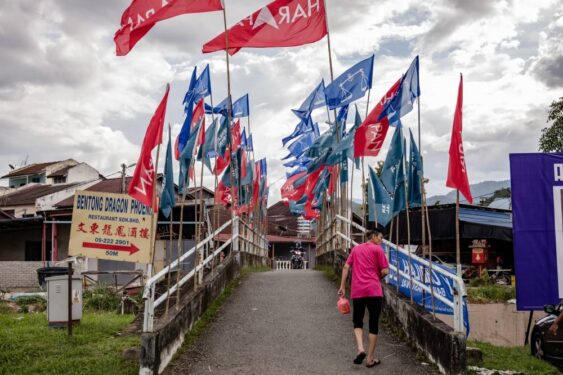BATTLING high daily COVID-19 cases and tight public healthcare capacity, the RM150 bil Pakej Perlindungan Rakyat dan Pemulihan Ekonomi (PEMULIH) does return many of Malaysia’s most aggressive economic stabilisation measures to the table.
While it temporarily mitigates the snowball effect from the extended Phase 1 lockdown until end-2021, a clear roadmap to recovery for businesses affected and the labour force displaced by COVID-19 remains lacking, thus placing a ceiling on next year’s economic revival, according to CGS-CIMB Research.
“The Government has made the six-month loan moratorium automatic and extended it to T20 (top 20%) borrowers,” opined head of research Ivy Ng Lee Fang in a strategy note. “We do not expect this to significantly impact bank earnings as banks will be able to continue accruing interest from the loans.”
Yesterday, Prime Minister Tan Sri Mahiaddin Yassin unveiled yet another stimulus package in PEMULIH in line with the need to further extend the total lockdown period to bring down the country’s COVID-19 infection rate.
This eighth stimulus package which came barely a month after the PEMERKASA+ was announced on June 1 is by far the largest package by the Perikatan Nasional (PN) Government since the RM250 bil PRIHATIN package announced in March 2020 when Malaysia went into its first lockdown.
Unlike during the maiden movement control order (MCO 1.0) last year when a similar blanket loan moratorium was granted, CGS-CIMB Research reckoned that such exercise along with the new Employees Provident Fund (EPF) withdrawals schemes may not lead to as significant a jump in participation from retail investors given political concerns and concerns over corporate earnings risks.
“The discounts on electricity bills announced (ranging from 5% to 40% for three months beginning July) is expected to have minimal impact on Tenaga Nasional Bhd (TNB) as we gather that the funding will come mostly from the Government,” noted the research house.
“The extension of cash hand-outs will help reduce the impact of weaker consumption due to the extended full lockdown.”
However, CGS-CIMB Research observed that a key disappointment for the market is that the Government has extended the first phase of the National Recovery Plan (which was due to end on June 28) until the three threshold indicators – namely, new daily cases fall below 4,000, moderate demand on intensive care, and 10% vaccination in the country – are met.
This has hindered a move to Phase 2 where more businesses will be allowed to open. In fact, such development suggests a potential delay in the recovery timeline which could lead to higher corporate earnings risks.
“We are neutral on the PEMULIH package and maintain our view that investors will continue to keep an eye on the timeline to invest in recovery stocks,” opined CGS-CIMB Research.
“Our key recovery picks are Malayan Banking Bhd (Maybank), Genting Bhd and Malaysia Airports Holdings Bhd in the period leading to Phase 3 of the recovery (September-October) and Budget 2022.” – June 29, 2021









